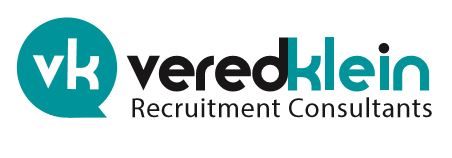All that hard studying at school has finally paid off. Congratulations graduate! You’ve been offered your first official position in the Architecture & Design industry… but there are a few things you will need to know to help you start out right.
Work is NOT like school. Surprised? We were too! But believe it or not, hard work at school is quite different from hard work at work. Here’s some of our best tips to help you transition from student to career professional.
- Ask lots of questions.
Asking questions will help you develop positive working relationships. Assuming that you understand your project, or worse, not understanding and being too embarrassed to ask for help, can end badly. So ask away. These questions can go quite a way in helping you understand instructions and project priorities and at the same time show your boss you care about doing well (for yourself and for the team).
- Stay in interview mode.
Viewing your first 3 months in your new position as an extended interview can help you get in the right mindset. You are still being evaluated for your abilities and attitude on a daily ongoing basis. So do your best! Arrive early, stay late, offer to help others, ask for more work when you run out of tasks, be friendly (to everyone)! If you view this as an ongoing interview, day in and day out, you will bring your very best and are sure to impress.
- Ask for feedback.
While you were attending college or University I’m sure you found that students get quite a bit of feedback from professors and educators and success is very clearly defined. Feedback could be either good or bad depending on the quality of work but it is received and almost daily. In the professional work environment successes are often not nearly as clearly defined. So be prepared to work with less feedback. Find different ways to gauge your successes (or failures) and act on them. One way to obtain this is to ask your direct supervisor or leadership team for feedback. This also shows you are not going to be discouraged by constructive criticism but can use it as a learning opportunity to become better at your job.
- Avoid the ME in team.
I’m sure you noticed in school that design is a always a collaborative effort. Employers are always asking me to help them hire designers who work well in a team setting.
Start by staying alert to your colleagues. Take notice if you see a peer struggling or in need and ask them if you can help. If it looks like they’re struggling to meet a deadline – How can you take initiative to help them? Or perhaps they are struggling with a new process that you find easy? Staying alert and focused on teamwork can prove you are committed and self-motivated as well as a dedicated team-member in your new job. What goes around comes around…you will hopefully get the same support from your colleagues which will only boost your success as a professional.
- You’re not done learning.
Just because you graduated and now have a degree to match your graduation cap doesn’t mean the learning is over. There’s lots of growth ahead as your start your career and real world experience. Even if being instructed in something that you already have studied or learned in the past, you continuously add skills to your “tool kit” with every job and every task completed. Stay open to learning and view your career as a never ending opportunity to expand your knowledge, capabilities and confidence.
As you launch into this new part of your life’s adventure and the excitement that comes from it remembering the differences between school and professional work and making that mindset shift can be instrumental in your success. Good luck!
